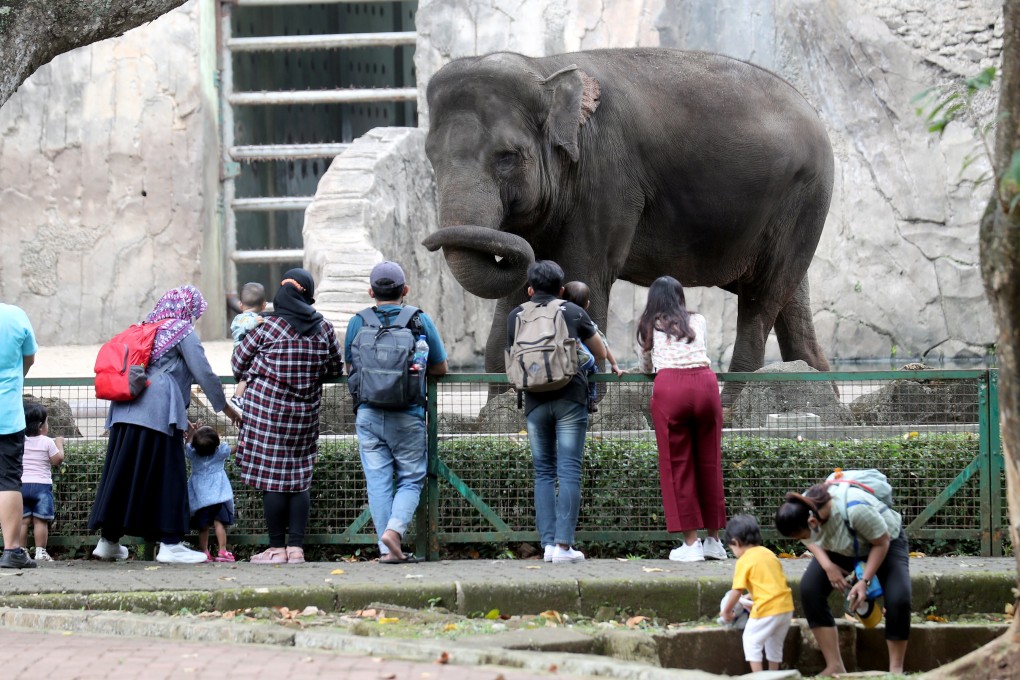Coronavirus: Singapore running low on ICU beds; Indonesia braces for holiday surge
- The city state only had 60 empty beds left in intensive care units as of Monday. Of the 306 occupied beds, 171 were taken up by Covid-19 patients
- Elsewhere, Indonesia worries about travel during year-end holidays, and health authorities in Thailand record fewest infections in months

The overall ICU utilisation rate stood at 83.6 per cent as of Monday, the city state’s health ministry said, up from about two-thirds just under a week ago. Of the 306 occupied ICU beds, 64 were taken up by Covid-19 patients in critical condition and intubated, and 107 by patients in unstable condition and being closely monitored. The other 135 beds were taken for patients with ailments not related to Covid-19.
ICU bed capacity is being closely watched as authorities warn of the risk of Singapore’s health care system being overwhelmed. While the government is loosening border controls to allow in vaccinated visitors from more countries, it has extended strict curbs on the island to late November, including limiting social gatherings to two people. Officials have said rules may only be relaxed when the situation at the hospitals stabilises.
“Our hospitals and health care workers continue to come under tremendous pressure,” Health Minister Ong Ye Kung said last week. He said more ICU beds will be opened up if needed, though that would affect normal services and medical care. ICU patients stay on average 15 days, and some up to a month, he said.
Singapore reported 3,174 new Covid-19 cases on Monday. There were 14 deaths from virus-related complications, all involving people with underlying medical conditions, according to the ministry. The ratio of community cases for the past week over the week before is 1.18. Officials are also watching for this figure to dip below 1 before potentially easing curbs.